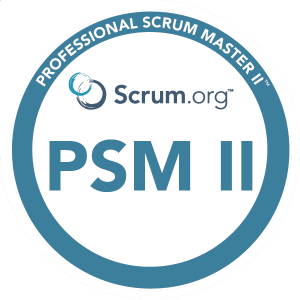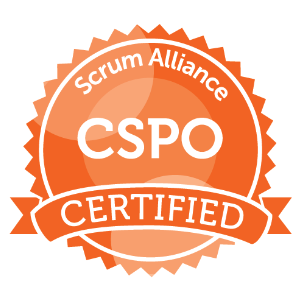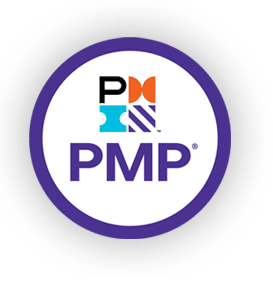
In the tech industry, several key roles play a critical part in driving projects, managing teams, and delivering successful products. Three roles that are often discussed and sometimes misunderstood are the Technical Program Manager (TPM), Engineering Manager, and Product Manager. While these roles can overlap in certain areas, they have distinct responsibilities and focus areas. Let’s dive into the differences between these roles to gain a clearer understanding.
Technical Program Manager (TPM)
The role of a Technical Program Manager is primarily focused on overseeing the successful execution of complex projects. TPMs work closely with cross-functional teams, such as engineering, product management, and quality assurance, to ensure the delivery of technical initiatives. Their responsibilities typically include project planning, resource allocation, risk management, and stakeholder communication. TPMs are skilled in managing timelines, dependencies, and driving alignment among various teams. They navigate the challenges of ambiguity and work to resolve issues that arise during the project lifecycle. TPMs are responsible for ensuring projects are completed on time, within budget, and meet the defined goals and objectives.
Of course this varies from organization to organization, and by level at each organization, such as at Amazon where as a principal TPM you are expected to work cross-organization, more strategically-focused and so forth.
Engineering Manager
The Engineering Manager on the other hand is responsible for leading and managing the engineering team within an organization. Their primary focus is on people management and technical leadership. Engineering Managers work closely with individual engineers, providing mentorship, coaching, and career development support. They allocate resources, manage workloads, and ensure the team has the necessary tools and processes to deliver high-quality software products. Engineering Managers also collaborate with other teams, such as product management and design, to define technical strategies and align engineering efforts with overall business objectives. They play a vital role in fostering a positive team culture, facilitating communication, and creating an environment that promotes innovation and continuous improvement.
Product Manager
Product Managers are responsible for defining and driving the product strategy and roadmap. They act as the voice of the customer, deeply understanding user needs, market trends, and competitive landscapes. Product Managers work closely with cross-functional teams, including engineering, design, marketing, and sales, to define product requirements, prioritize features, and manage the product development process. They bridge the gap between business objectives, user requirements, and technical feasibility. Product Managers are skilled in market research, product planning, and product launch strategies. They are responsible for ensuring that the final product aligns with the company’s vision, meets customer needs, and achieves business goals.
While the roles of TPM, Engineering Manager, and Product Manager may have distinct responsibilities, successful collaboration among them is crucial for delivering high-quality products. They often work closely together, leveraging their unique expertise to drive successful outcomes. For example, a TPM ensures the smooth execution of technical initiatives, an Engineering Manager leads the engineering team responsible for development, and a Product Manager shapes the product vision and strategy.
Discover more from Doron Katz
Subscribe to get the latest posts sent to your email.



